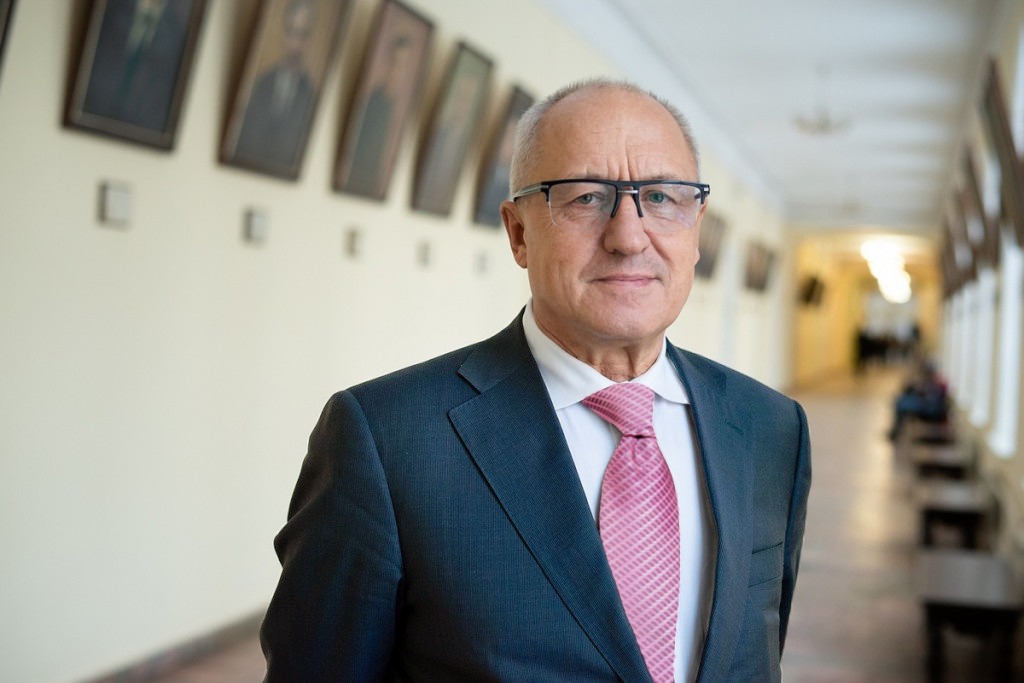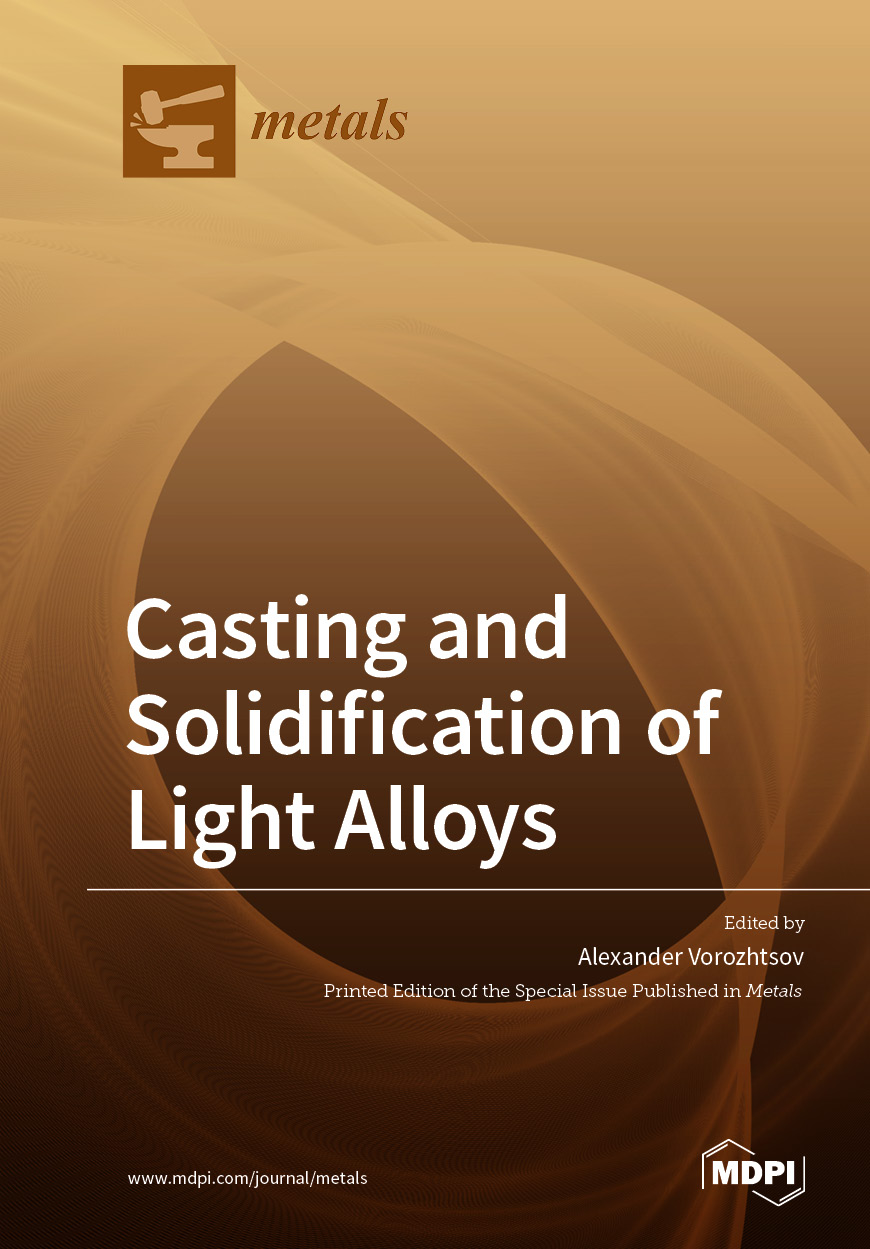This time we spoke to Professor Alexander Vorozhtsov, Vice-Rector for Research and Innovation, Doctor of Physics and mathematics, about 2021 as the Year of Science and Technology.
What does the declaration of 2021 as the Year of Science and Technology mean for Tomsk State University? 
Of course, it means a lot for universities in general and TSU in particular. Such events help to draw attention to a particular area, once again emphasize its importance, achievements, and the need for support not only from the state but from people as well. It seems quite logical to devote a year to science after the 2020 pandemic year, which showed the importance of our field of activity and the demand for advanced scientific developments that cannot appear from nowhere. They are always the result of long-term systematic work.
Therefore, the Year of Science inspires us. However, it coincided with a transitional and difficult period for us. The 5-100 Program has ended and the government is working on "new rules of the game." We are waiting for a new program and a new round of funding. At the same time, we cannot afford to go down in terms of publication activity, it is necessary to continue to conduct research. I am very grateful to my colleagues for their understanding. For my part, I will do my best to make TSU a part of the new program, so that our researchers will definitely get a sense of stability and understanding of the prospects.
What scientific projects are considered the most relevant and promising at TSU in present?
Such areas of scientific activity were proposed by TSU rector Eduard Galazhinsky. They were supported by the scientific community. I am talking about research related to climate, synthetic biology, high-hume, and security. Now we are determining which divisions can be included in consortia in each area, and we are also looking for partners outside the University who can fill the competencies that are not yet represented at TSU. This is a key factor for future success - to find those who, with their best practices, complement our existing groundwork. We can boast of the most significant achievements in terms of climate: we have a very serious scientific school, a partner network with domestic and foreign colleagues, and several research stations.
Synthetic biology is the "youngest" area for TSU, requiring, perhaps, the greatest resources - financial and human - in order to "put it on the wing". Here you need to understand that there is competition not only in terms of "who will occupy the research niche", but also in terms of "who will win the attention of research teams with the necessary competencies and developments." It happens that we turn to potential partners, and they are already "busy", invited to cooperate by Moscow universities.
The main task now is to formulate a clear roadmap until 2024 with specific tasks and expected results. And, of course, we are talking not only about the number of publications.
Were these areas selected based on competitive analysis? Is this something that other universities do not have?
Yes, we are monitoring the situation on a global scale, looking at new topics the publications are devoted to and the interest they draw. Then we turn to see what we have and what can really be developed, changed a little, and turn into the most relevant topic. If we are talking about security, for example, we have a lot of groundwork related to cybersecurity and quantum technologies and artificial intelligence related to it.
In addition to working on new areas, what other top-priority tasks are you currently busy with?
Twenty-one scientific journals are published at TSU. Only four of them are included in the highest quartiles. All four represent humanities. In February, we began revising natural science journals, which, it would seem, should also be somewhere at the top, but occupy positions much lower. Of course, it is very difficult, for example, for physics to move up: there is high competition in this area. But there is no doubt that the situation needs to be corrected urgently. We will work on journals that drag us down.
How did the events of 2020 affect the scientific activity at TSU?
I cannot say that they greatly influenced what we did. Our publication activity indicators increased, we made more money from industrial partnerships, and received more grants. In general, the situation has confirmed the assertion of the authors of the book "COVID-19: The Great Reset" that the temporary limitation of mobility and self-isolation, in a sense, have a beneficial effect on the activities of researchers and creative workers. Moreover, I was convinced of this from personal experience: being "closed" at home during the recovery period, I felt a surge of intellectual energy. So many new ideas came to mind!
 In 2020, I was invited as a guest editor by the MDPI publishing house. It publishes several journals of the highest quartiles, and all of them, by the way, are fee-based. The collaboration with MDPI resulted in the publication of the book "Casting and Solidification of Light Alloys". It's like a journal, but it is designed as a book, a kind of monograph. A very interesting and modern solution.
In 2020, I was invited as a guest editor by the MDPI publishing house. It publishes several journals of the highest quartiles, and all of them, by the way, are fee-based. The collaboration with MDPI resulted in the publication of the book "Casting and Solidification of Light Alloys". It's like a journal, but it is designed as a book, a kind of monograph. A very interesting and modern solution.
In 2020, Russia reminded the whole world of its scientific potential by releasing a vaccine recognized as effective and of high quality by the world scientific community. I am sure that Alexander Ginzburg will receive the title of Hero of Labor for his work. TSU did not stay away from the general trend and also presented developments that could help in the fight against coronavirus. For example, Viktor Sachkov, director of the Innovation and Technology Center (Siberian Institute of Physics and Technology), and his colleagues have created a gas analyzer that determines pneumonia and coronavirus infection using samples of exhaled air. Yuri Kistenev, director of the TSU Institute of Biomedicine, is also working on new approaches in the diagnosis of COVID-19. Our development for the processing of material with nanoparticles with biocidal properties that destroy bacteria and viruses is now undergoing certification at the National Research Center for Epidemiology and Microbiology named after N.F. Gamaleya. Therefore, TSU has something to respond to the most urgent global agenda.
What results, in your opinion, will we sum up in a year?
First of all, we expect the launch of work in those topical areas that I mentioned above. I am confident that we will improve the indicators for the number of publications and citations. I would like to hope that the borders will finally be opened and we will be able to meet with our international colleagues. This is sorely lacking. For scientists, mobility and personal communication with partners is extremely important.
And, of course, I hope that in a year we will already be part of the upcoming development program, which will allow us to launch new projects and inspire all of us to achieve new frontier scientific goals.
The Editorial Board
